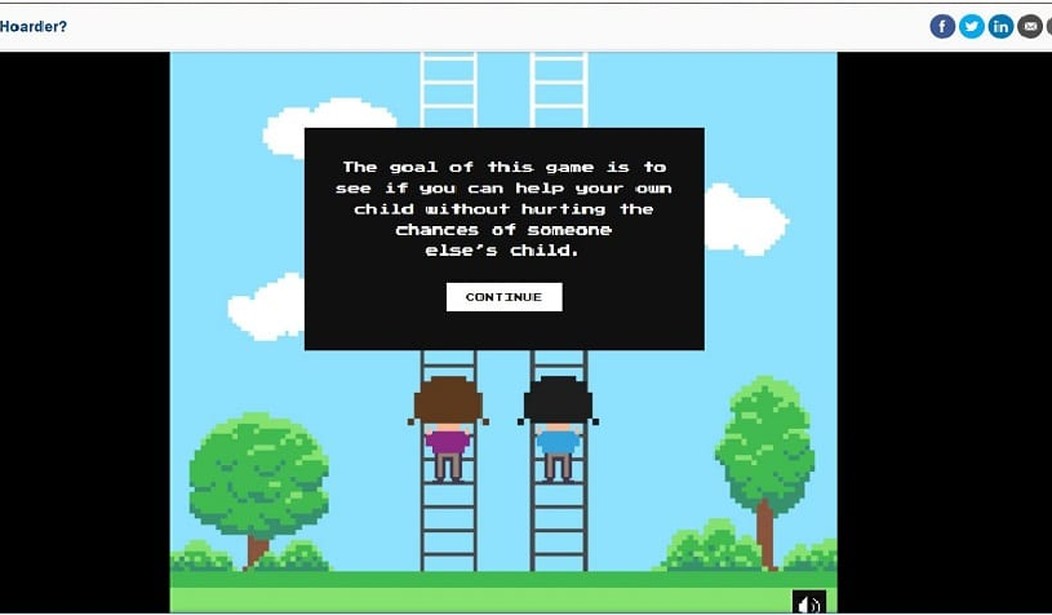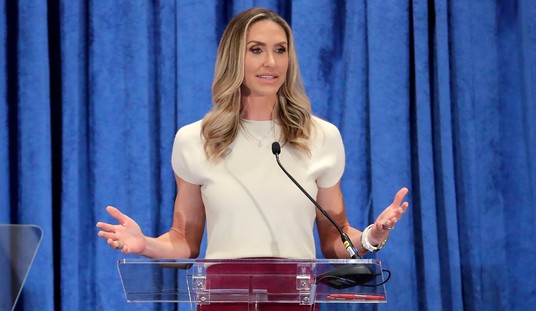Two of my colleagues, Brad Slager and Sarah Lee, have posted on David Brooks’s recent column in which he revealed himself to be something of a smug, elitist twit. If you’ve read Brooks over the years you’ll know this is not a major discovery, in and of itself. What is revolting about it is how Brooks blames parents for trying to improve their children’s chances in life (full disclosure: I plead proudly guilty to this accusation). We ignore Brooks at our peril.
Many years ago, I was actively involved in “issues management” on the Army Staff. (Confession: we were afraid to do anything about anything.) The basic theory is this: Major cultural and technological changes don’t happen overnight. They percolate. If you wait until an issue is hot, then you’ve either won or lost, depending upon where you sit. One great case study was how industrial powerhouse Johns-Manville went bankrupt from asbestos lawsuits. From 1930-1982, Johns-Manville was part of the Dow Jones Industrial Average. But as early as 1929, Johns-Manville was paying disability payments to workers with asbestos related diseases and the company knew asbestos was the cause. Despite this knowledge, Johns-Manville pressed on with its business model. In 1970, asbestos was recognized as a hazardous substance and by 1982 Johns-Manville went into Chapter 11 under the weight of class action lawsuits brought by asbestos victims and their survivors. The point being that the asbestos problem was known in 1929, for 40 years the company basically did nothing, and by the time it was declared toxic it was too late for the company to react.
Culturally, we can see the same thing. As late as the beginning of the 20th century, homosexuality carried a prison term. Oscar Wilde served two years for it beginning in 1895. But there was a gradual acceptance. A US District Court judge ordered the reinstatement of Leonard Matlovich, who had been discharged because he was gay, in 1980. In the late 80s there was a lawsuit filed, naturally, in California that sought to gain civil rights protections for homosexuals in order to allow them to enlist in the military or remain on active duty. The watershed case, of course, was Lawrence v. Texas which overturned a previous Supreme Court decision that allowed states to criminalize homosexual acts. With Lawrence settled, homosexual marriage was nearly fait accompli. And now the military is paying for Bradley Manning’s ‘takadicfromy’ operation. The point being that the signs of this cultural shift were apparent by the early 70s and by the time the issue was “hot” the decision was not really in doubt.
Brooks’ column, while tarted up with the pathos of his semi-literate friend being unable to order a sandwich at a proper deli, is not original. It is good old fashioned class-envy/class-hatred that drove so many young upper class men and women in the West into the arms of the Soviet Union. But it has acquired a new life as a “social justice” issue based on a book by a guy named Richard Reeves called Dream Hoarders.
It’s now conventional wisdom to focus on the excesses of the top 1% — especially the top 0.01% — and how the ultra-rich are hoarding income and wealth while incomes for most other Americans are stagnant. But the more important, and widening, gap in American society is between the upper middle class and everyone else.
Reeves defines the upper middle class as those whose incomes are in the top 20 percent of American society. Income isn’t the only way to measure a society, but in a market economy it is crucial because access to money generally determines who gets the best quality education, housing, health care, and other necessary goods and services.
As Reeves shows, the growing separation between the upper middle class and everyone else can be seen in family structure, neighborhoods, attitudes, and lifestyle. Those at the top of the income ladder are becoming more effective at passing on their status to their children, reducing overall social mobility. The result is a fracturing of American society along class lines, not just an economic divide. Upper-middle-class children become upper-middle-class adults.
These trends matter because the separation and perpetuation of the upper middle class corrode prospects for more progressive approaches to policy. Various forms of “opportunity hoarding” among the upper middle class make it harder for others to rise up to the top rung. Examples include zoning laws and schooling, occupational licensing, college application procedures, and the allocation of internships. Upper middle class opportunity hoarding, Reeves argues, results in a less competitive economy as well as a less open society.
There is a neat little interactive that goes along with it to let you know you are a bad person.
In fact, this book, and Brooks’ op-ed, fit in very nicely with another book that was the talk of the town three years ago, that would be Thomas Piketty’s Capital in the 21st Century. His ideas would settle the hash of the evil dream hoarders very nicely.
While we can laugh at Brooks’ arrogance and smugness we must be careful not to ignore the trend it could represent. We are still atoning for the evils of Jim Crow with a legalized racial spoils system nearly three generations after its demise…despite the wealth of data that shows the beneficiaries of that spoils system are the children of stable, two parent, upper-middle class black families and not those in the bottom half or third of the income pyramid.
It doesn’t take a genius to see how a legal strategy could be developed that would outlaw those things we do naturally to help our children in the name of fairness and equality. Rather than snickering we need to be vigilant because if we wait until this becomes a hot political topic, the battle will be over because class envy runs strong and there are many more crappy parents out there than good ones and they vote.














Join the conversation as a VIP Member